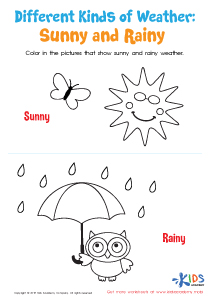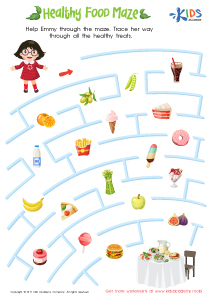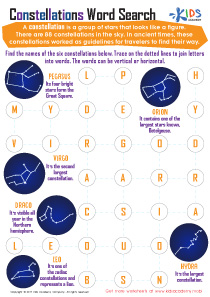Multiplication practice Easy Science Worksheets for Ages 6-9
5 filtered results
-
From - To
Discover engaging and fun Multiplication Practice Easy Science Worksheets designed for kids ages 6-9. These printable resources from Kids Academy make mastering multiplication an enjoyable journey. Each worksheet blends basic science concepts with math practice to reinforce learning and spark curiosity. Perfect for young learners, these activities help build foundational skills in a delightful way. With vivid illustrations and simple instructions, children develop confidence and improve their multiplication skills while exploring fascinating science topics. Ideal for classroom or at-home use, these worksheets support educational success by seamlessly integrating math and science practice.
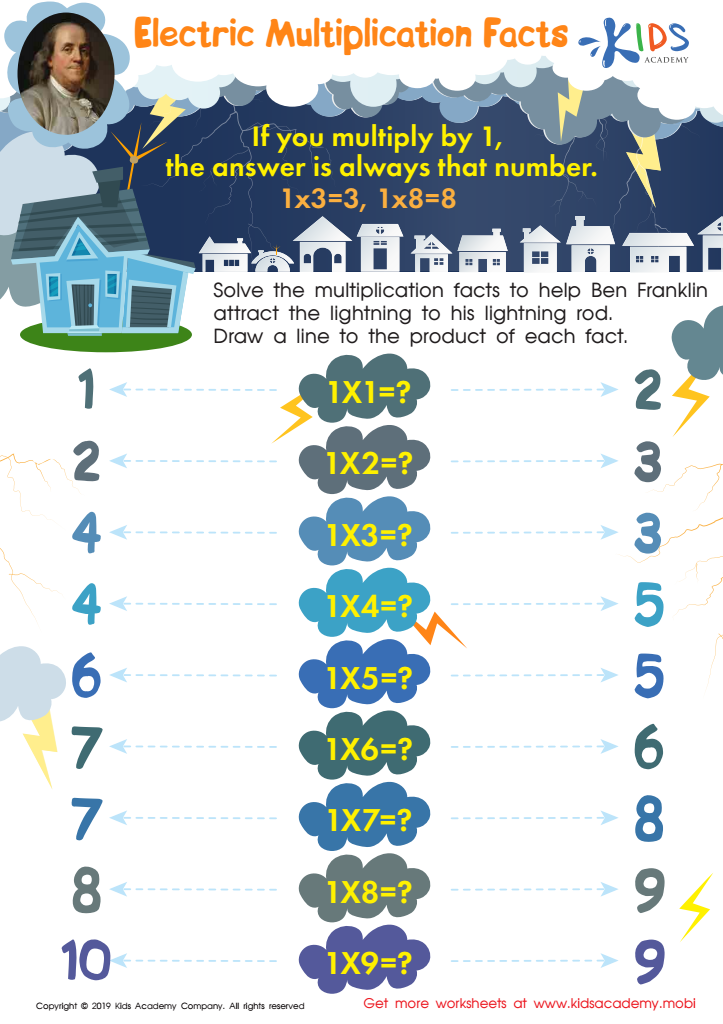

Electric Multiplication Facts Worksheet
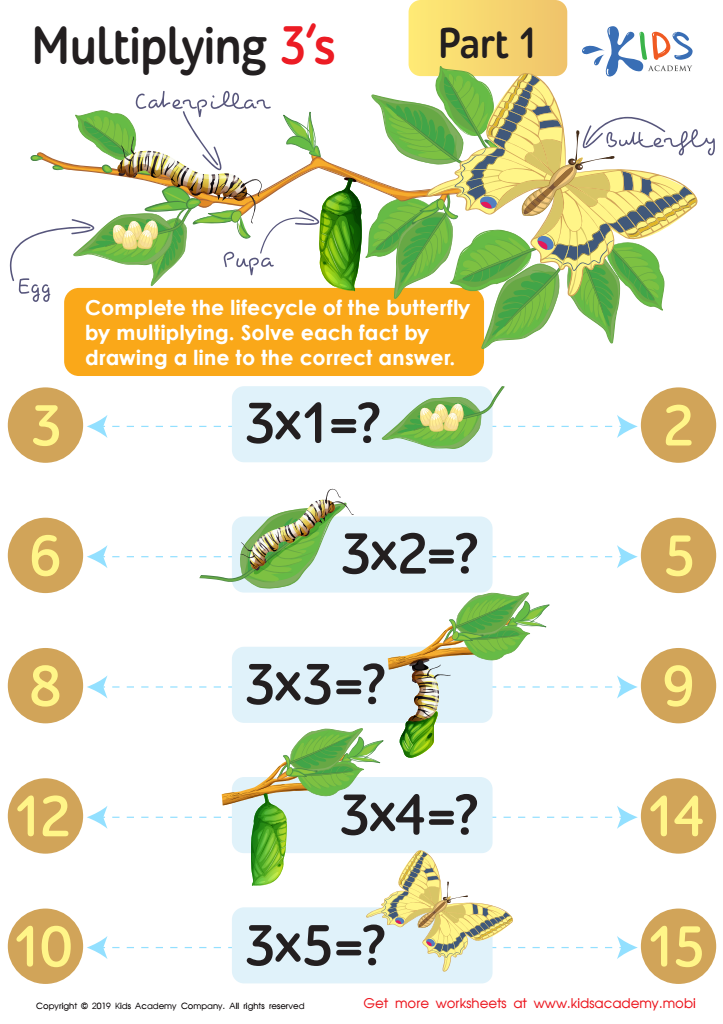

Multiplying 3’s Part 1 Worksheet
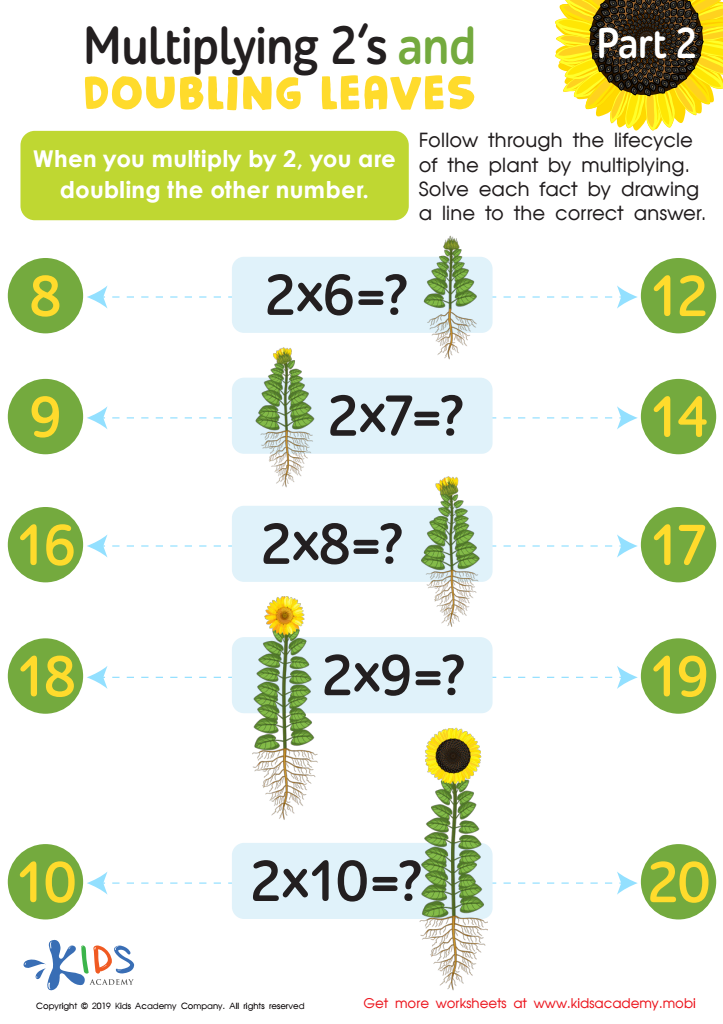

Multiplying 2’s and Doubling Leaves Part 2 Worksheet
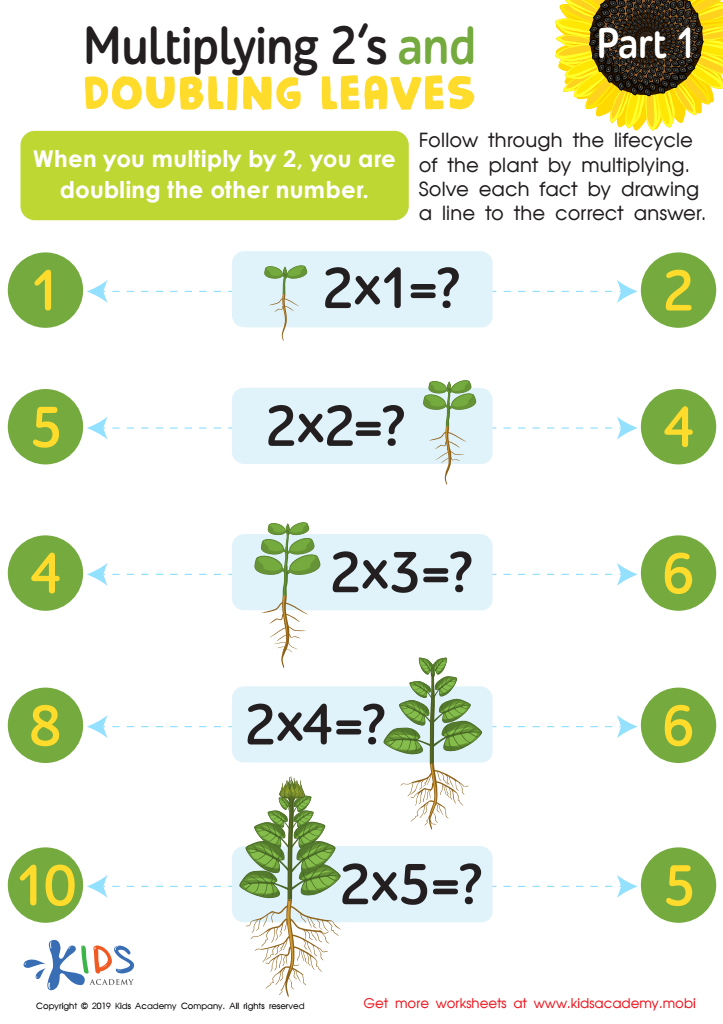

Multiplying 2’s and Doubling Leaves Part 1 Worksheet
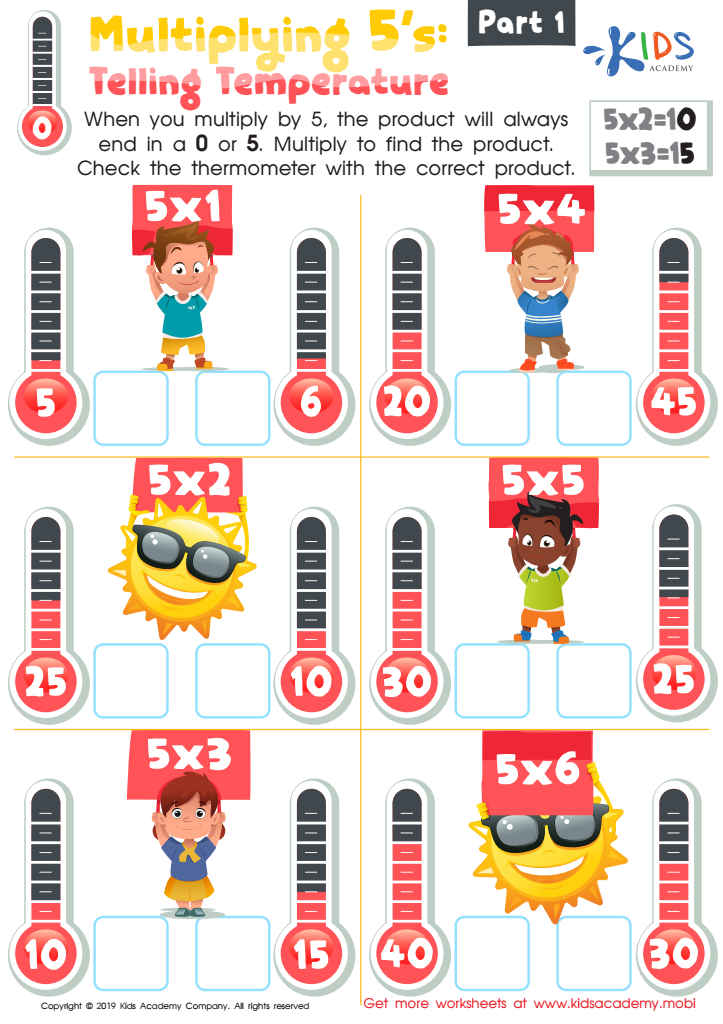

Multiplying 5’s: Telling Temperature Worksheet
Focusing on multiplication practice for children ages 6-9 is crucial for several compelling reasons. At this developmental stage, foundational mathematical skills are formed, serving as crucial building blocks for future academic success. Multiplication, one of these key skills, not only aids in arithmetic operations but also enhances cognitive abilities such as problem-solving and logical thinking.
First, developing proficiency in multiplication early ensures a smoother transition to more advanced math concepts like division, fractions, and ratios. This early mastery lays the groundwork for subjects such as algebra and geometry encountered in later grades, reducing the likelihood of future math anxiety and learning gaps.
Second, many real-world applications require fundamental multiplication skills, ranging from budgeting and cooking to science and engineering projects. By mastering multiplication, children gain confidence in handling these practical, everyday tasks seamlessly.
Moreover, practicing multiplication can stimulate brain development and improve memory retention, as it often involves patterns and sequences that young minds find engaging. Interactive and easy science-related multiplication activities make learning enjoyable, fostering a love for math and science from an early age—a vital component for nurturing future innovators and problem-solvers.
In summary, parents and teachers should prioritize multiplication practice for ages 6-9 to build a robust mathematical foundation, instill confidence, and ignite a lifelong curiosity for STEM (Science, Technology, Engineering, and Mathematics) fields.

 Assign to My Students
Assign to My Students











